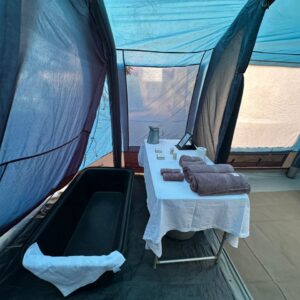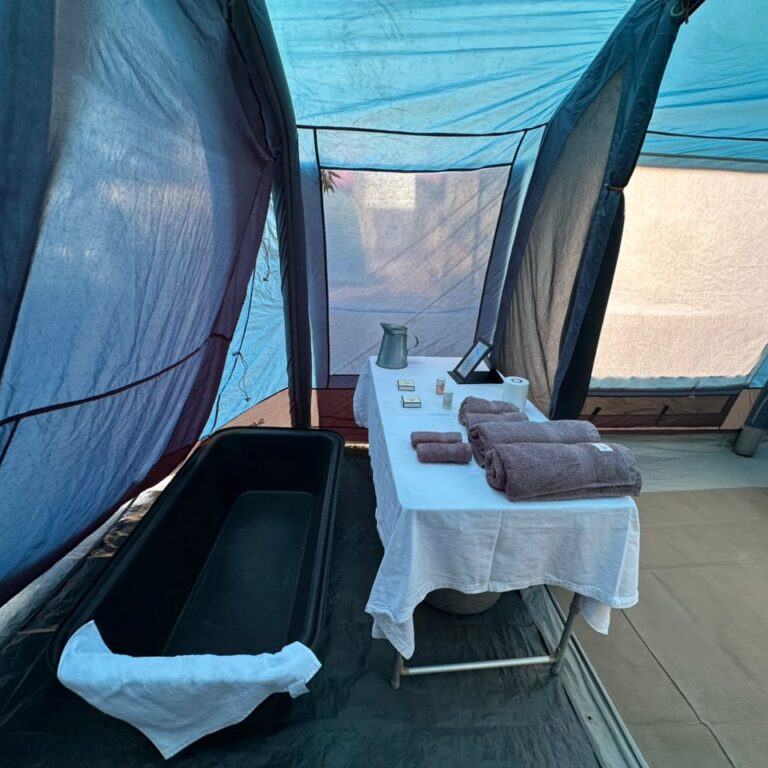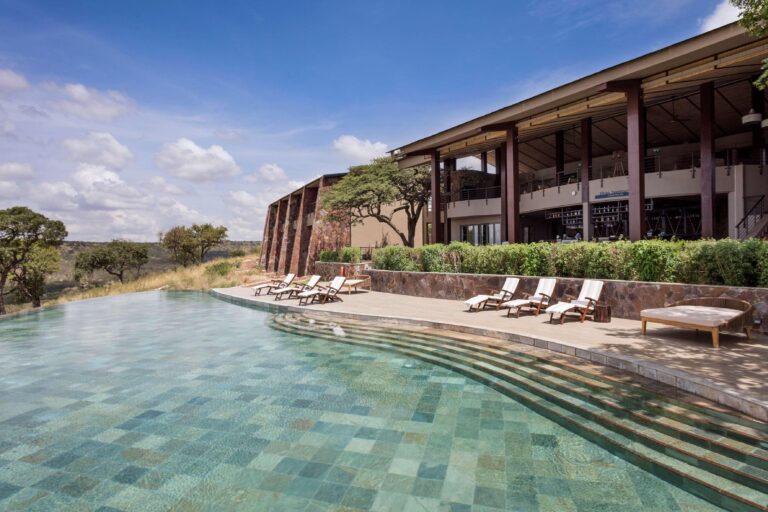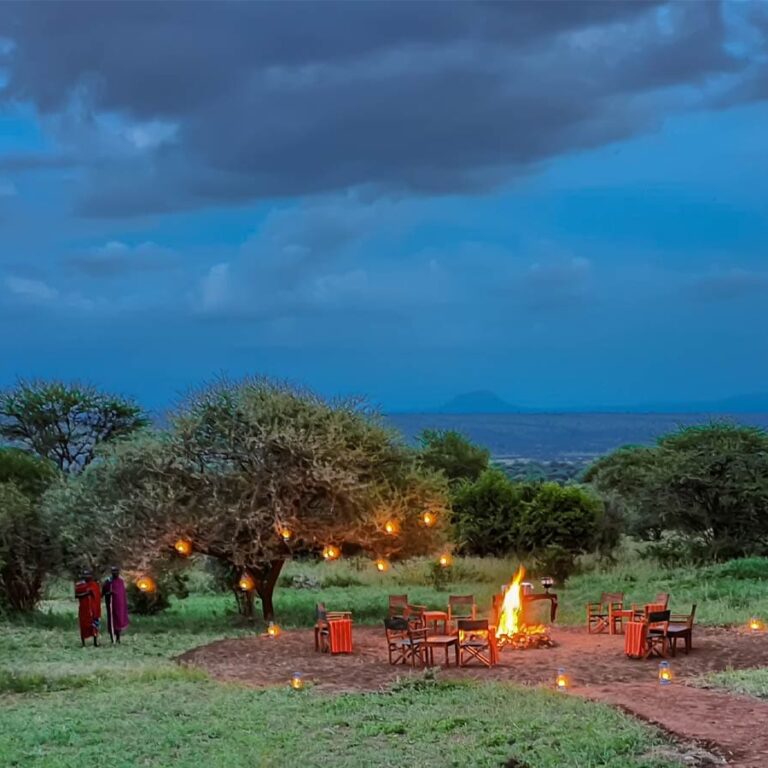Africa, the cradle of humanity, is renowned for its diverse landscapes, ranging from vast deserts to dense rainforests. Among its most awe-inspiring features are the majestic mountains that rise above its plains. In this article, we delve into the Top 10 Highest Mountains in Africa, offering insights into their unique characteristics, geographical significance, and the adventures they promise. The highest mountain in Africa is Mount Kilimanjaro in Tanzania, standing at 5,895 meters (19,341 feet). It is followed by Mount Kenya in Kenya (5,199 m), Mount Stanley on the Uganda/DRC border (5,109 m), and then other peaks in the Rwenzori Mountains and Ethiopia.
1. Mount Kilimanjaro – Tanzania
Mount Kilimanjaro is the tallest mountain in Africa, rising about 5,895 m (19,341 feet) above sea level. Standing tall at 5,895 meters (19,341 feet), Mount Kilimanjaro is not only the highest mountain in Africa but also the tallest free-standing mountain in the world. Located in northern Tanzania, Kilimanjaro is composed of three volcanic cones: Kibo, Mawenzi, and Shira. Kibo, the highest of the three, is home to the Uhuru Peak, the summit of Kilimanjaro. The mountain is a magnet for climbers, offering various routes, including the popular Marangu and Machame paths. Its snow-capped peak, despite being close to the equator, is a symbol of Africa’s natural beauty.
2. Mount Kenya – Kenya
At 5,199 meters (17,057 feet), Mount Kenya is the second-highest mountain in Africa. It is an extinct stratovolcano with three main peaks: Batian, Nelion, and Lenana. The highest, Batian, is a challenging climb, attracting seasoned mountaineers. The mountain is part of the Mount Kenya National Park, a UNESCO World Heritage Site, and its lower slopes are covered in dense forests that are home to a variety of wildlife. The glaciers on Mount Kenya are rapidly receding, making it a site of interest for environmental studies.
3. Mount Stanley (Rwenzori Mountains) – Uganda/Democratic Republic of the Congo
Mount Stanley, standing at 5,109 meters (16,763 feet), is the highest mountain in the Rwenzori Range and the third-highest in Africa. Located on the border between Uganda and the Democratic Republic of the Congo, this mountain is part of the Rwenzori Mountains National Park, another UNESCO World Heritage Site. The range is often referred to as the “Mountains of the Moon” due to its mystical cloud-covered peaks. Mount Stanley’s Margherita Peak is the highest point, and the climb to its summit is a challenge even for experienced mountaineers.
4. Mount Speke (Rwenzori Mountains) – Uganda/Democratic Republic of the Congo
Rising to 4,890 meters (16,043 feet), Mount Speke is the second-highest peak in the Rwenzori Range and the fourth-highest in Africa. Like Mount Stanley, it straddles the border between Uganda and the Democratic Republic of the Congo. The mountain is named after John Speke, the explorer who discovered Lake Victoria. Mount Speke is less climbed compared to its higher neighbor, but it offers equally breathtaking views and a challenging ascent through the Rwenzori’s rugged terrain.
5. Mount Baker (Rwenzori Mountains) – Uganda/Democratic Republic of the Congo
Mount Baker, the third-highest peak in the Rwenzori Range, reaches 4,844 meters (15,892 feet). It is the fifth-highest mountain in Africa. British explorer Sir Samuel Baker explored the five highest Mountains in Africa. The mountain’s steep slopes and rugged terrain make it a formidable challenge for climbers. The surrounding Rwenzori Mountains known for their stunning biodiversity, including unique plant species and endangered animals like the Rwenzori turaco.
6. Mount Emin (Rwenzori Mountains) – Uganda/Democratic Republic of the Congo
At 4,798 meters (15,741 feet), Mount Emin is another prominent peak in the Rwenzori Range and the sixth-highest in Africa. Named after the explorer Emin Pasha, this mountain is part of the cluster of high peaks in the central Rwenzori. The ascent of Mount Emin is less frequented, providing a more solitary experience for adventurers. The terrain characterized deep valleys, glaciers, alpine meadows, making it a unique climbing experience.
7. Mount Gessi (Rwenzori Mountains) – Uganda/Democratic Republic of the Congo
Mount Gessi, standing at 4,715 meters (15,469 feet), ranks as the seventh-highest mountain in Africa. Located within the Rwenzori Mountains, named after the Italian explorer Romolo Gessi. The mountain’s remote location and challenging weather conditions make it one of the least-climbed peaks in the range. However, the 10 highest Mountain Peaks in Africa reward those who venture to its summit with stunning views of the Mountain Ranges of Africa, the surrounding landscape, and a sense of accomplishment.
8. Mount Luigi di Savoia (Rwenzori Mountains) – Uganda/Democratic Republic of the Congo
With a height of 4,627 meters (15,180 feet), Mount Luigi di Savoia is the eighth-highest mountain in Africa. It is also part of the Rwenzori Range, named in honor of the Italian royal who financed several expeditions to the range. The top highest mountains in Africa and their location, mountain offer a mix of technical climbing and trekking, with routes that pass through lush forests, moorlands, and glacier-covered peaks. The varying ecosystems make the ascent a diverse and fascinating journey.
9. Mount Meru – Tanzania
Mount Meru, at 4,562 meters (14,968 feet), is Tanzania’s second-highest mountain and the ninth-highest in Africa. Located within Arusha National Park, it is an active stratovolcano that last erupted in 1910. Mount Meru often overshadowed by its neighbor, Kilimanjaro. The list of the highest major summits of Africa offers a rewarding climb with stunning views, particularly of Kilimanjaro itself. The trek to the summit passes through diverse landscapes, including montane forests and moorlands, and is rich in wildlife, including buffalo, giraffes, and leopards.
10. Ras Dashen (Simien Mountains) – Ethiopia
Rounding out the list at 4,550 meters (14,928 feet) is Ras Dashen. It is the highest peak in Ethiopia and the tenth-highest in Africa. Located in the Simien Mountains. UNESCO World Heritage Site, Ras Dashen, is part of a dramatic landscape that includes deep gorges, sheer cliffs, and towering peaks. The Simien Mountains are home to endemic species such as the Ethiopian wolf and the Gelada baboon. The climb to Ras Dashen is less technical than others on this list but requires stamina due to its elevation and length.
Africa’s highest mountains are not only geographical landmarks but also cultural and ecological treasures. From the towering Kilimanjaro to the remote peaks of the Rwenzori. Each mountain offers a unique experience for adventurers and nature lovers alike.
What makes Kilimanjaro so unique?
Kilimanjaro is the highest free-standing mountain – that is, not part of a mountain range, such as the Himalayas – in the world, at 5,895 meters above sea level. It actually comprises three volcanic peaks, the largest being Kibo – the summit. The other two cones are Mawenzi and Shira. The 20 highest mountains in Africa include peaks like Mount Kilimanjaro (Tanzania) at 5,895 m, Mount Kenya (Kenya) at 5,199 m, and Mount Stanley (Uganda/DRC) at 5,109 m. The list also features other peaks in the Rwenzori and Simien Mountains, such as Mount Speke, Mount Baker, and Ras Dashen, along with active volcanoes like Mount Karisimbi.
Which country in Africa has the largest mountains?
Mount Kilimanjaro is the highest mountain in Africa. Located in Tanzania, it reaches the highest summit at 5,895 meters. This highest peak is the Kibo, one of Kilimanjaro’s volcanic cones, with Mawenzi and Shira. Mount Kenya is the second-highest mountain on the African continent, with a height of 5,199 meters.
How many of the highest mountains are there in Africa?
There isn’t a single “number” for the highest mountains in Africa, but a list of several high peaks, with Mount Kilimanjaro in Tanzania being the tallest at 5,895 meters (19,341 feet). Other high mountains include Mount Kenya, Mount Stanley, and others in the Rwenzori range.
What is the highest mountain in Africa?
Mount Kilimanjaro, located in Tanzania, is the highest mountain in Africa. Its highest point, Uhuru Peak, is at 5,895 meters (19,341 feet).Where are most of Africa’s highest mountains located?
A significant number of the highest peaks are part of the Rwenzori Mountains range, also known as the “Mountains of the Moon,” located on the border of Uganda and the Democratic Republic of Congo (DRC). Several other high peaks, including Mount Kilimanjaro, Mount Meru, Mount Kenya, and Ras Dashen, are volcanic in origin and stand independently or as part of other distinct ranges in East Africa and Ethiopia.What is the difference between climbing Mount Kilimanjaro and Mount Kenya?
Kilimanjaro is a high-altitude trek that doesn’t require technical mountaineering skills to reach the summit. Its main challenge is the high altitude. Mount Kenya, while shorter, has a trekking peak (Point Lenana) that is more technically demanding and involves some scrambling. The true summit of Mount Kenya (Batian) requires advanced rock climbing.How difficult are the climbs on the Rwenzori Mountains?
The Rwenzori Mountains, which include Mount Stanley, Mount Speke, and Mount Baker, are known for their challenging and rugged climbs. The terrain is often wet, boggy, and can involve glacier travel, making them more physically demanding than Kilimanjaro’s standard trekking routes.Is it possible to see snow on these mountains?
Yes. Despite their location near the equator, several of these mountains are high enough to retain permanent or seasonal snow and glaciers. Mount Kilimanjaro and the Rwenzori peaks are well-known for their rapidly retreating glaciers and ice caps. Mount Karisimbi also experiences snowfall during the dry season.What are the 10 Highest Mountains in Africa?
The ten highest mountains in Africa are, from highest to lowest: Mount Kilimanjaro (5,895m, Tanzania), Mount Kenya (5,199m, Kenya), Mount Stanley (5,109m, Uganda/DRC), Mount Speke (4,890m, Uganda), Mount Baker (4,844m, Uganda), Mount Emin (4,798m, DRC), Mount Gessi (4,715m, Uganda), Mount Meru (4,562m, Tanzania), Ras Dashen (4,550m, Ethiopia), and Mount Karisimbi (4,507m, DRC/Rwanda).








